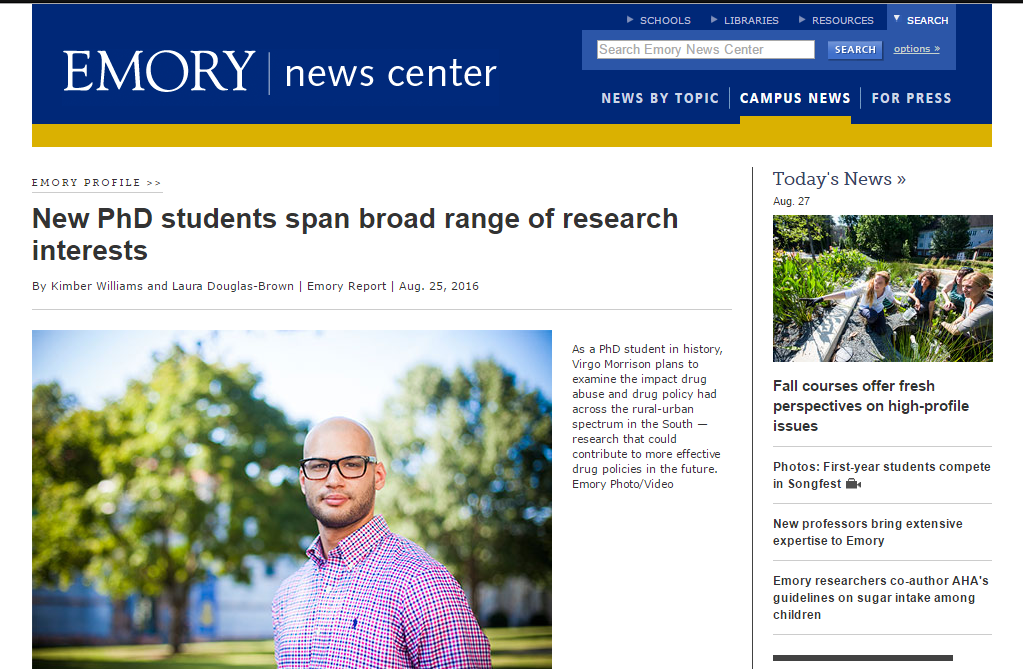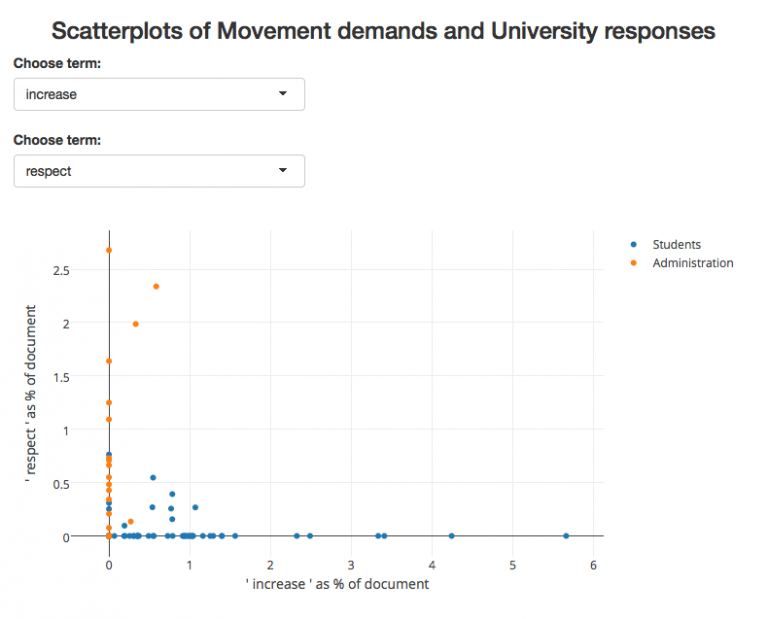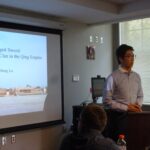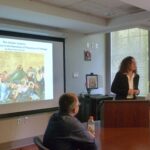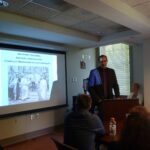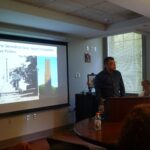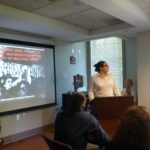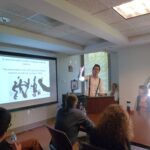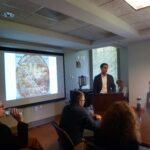
On September 19, 2016, Emory will inaugurate the first annual Brazil Week, a celebration of the university’s engagement with Brazil. The multidisciplinary series of activities, organized by Emory’s Brazil Initiative through the Claus M. Halle Institute for Global Learning, will involve History faculty and students from Emory and elsewhere. History Department faculty within the Brazil Initiative include Dr. Jeffrey Lesser (Chair and Samuel Candler Dobbs Professor of History) and Dr. Thomas D. Rogers (Associate Professor of Modern Latin American History). Check out a schedule of events below, read more about the Brazil initiative, and visit this page to register for the week’s events.
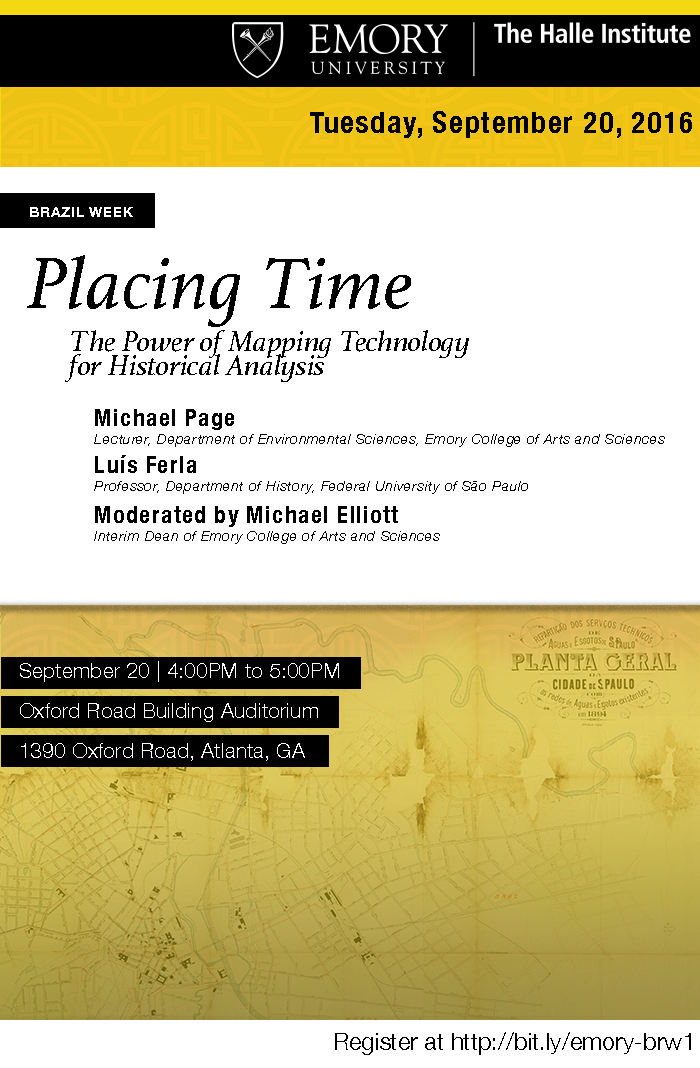
Placing Time: The Power of Mapping Technology for Historical Analysis
Tuesday, September 20
4:00-5:00pm
Oxford Road Building Auditorium
Emory professor Michael Page will present Atlanta Explorer, a project dedicated to building and disseminating geographical datasets and tools for exploring Atlanta’s history. Professor Luís Ferla of Federal University of São Paulo will describe the work of Hímaco: History, Maps, Computers, a collaborative laboratory of historians, geographers, and computer scientists exploring the spatial history of São Paulo. This panel, moderated by Professor Michael Elliott, Interim Dean of Emory College of Arts and Sciences, features the current work of these partners in a new collaboration on Brazilian urban studies.
Zika: A Brazilian Perspective on A Global Challenge
Wednesday, September 21
4:00-5:30pm, followed by a casual reception
Atwood Hall 360
(New Chemistry Building)
Zika virus’ arrival in Brazil and the rest of the world unleashed a storm of public health challenges and media attention. Brazil has been at the forefront of the epidemic and the efforts to address it, and transmission is now ongoing in many areas in the Americas, including Florida and Puerto Rico in the U.S. Dr. Mariana Kikuti, DVM, PhD Candidate, Federal University of Bahia; Dr. Uriel Kitron, Goodrich C. White Professor of Environmental Sciences, Emory University; Dr. Igor Paploski, DVM, PhD Candidate, Federal University of Bahia; and Dr. Lincoln Suesdek, Researcher at Scientific Council of Butantan Institute, Brazil, will provide a brief overview of Zika and its mosquito vector – Aedes aegypti, present findings from their studies in the Brazilian cities of São Paulo and Salvador, and answer questions from the audience.
Bate-Papo: Portuguese Conversational Hour
Friday, September 23
1:00-2:30pm
Great Room, Longstreet-Means Hall
Come join us for pizza and conversations in Portuguese with students, faculty, and staff from across the university and broader community.
Additional cultural events will be organized throughout the week by the Brazilian Student Association (BRASA), including Capoeira Performance/Workshop on Monday, September 19 at 7:30 pm in the Woodruff P.E. Center and a Samba performance. Visit here for updates and details.
